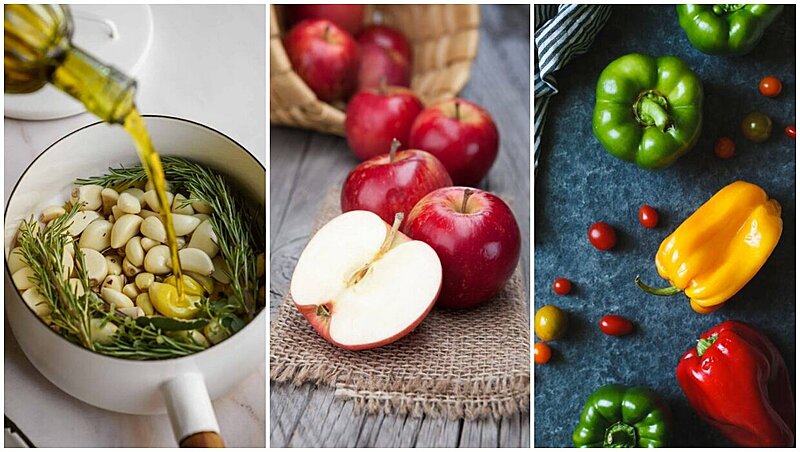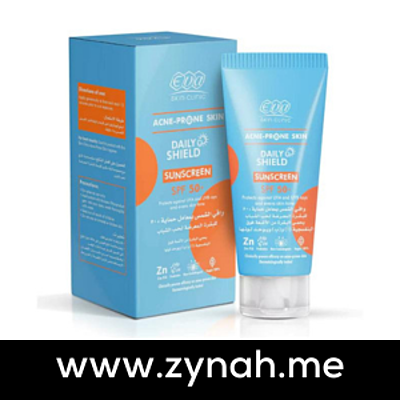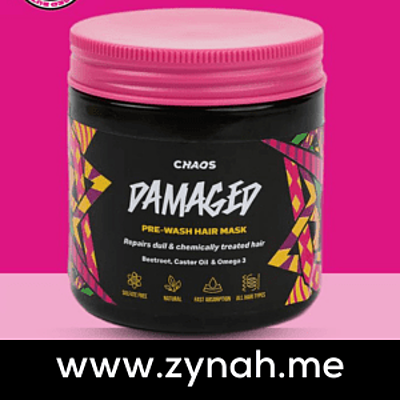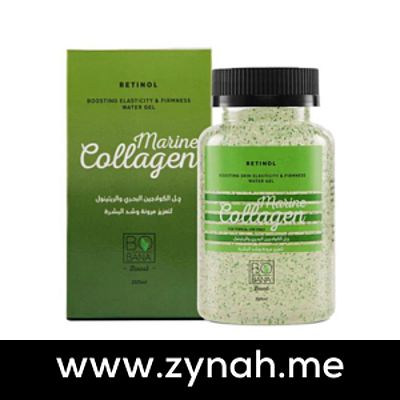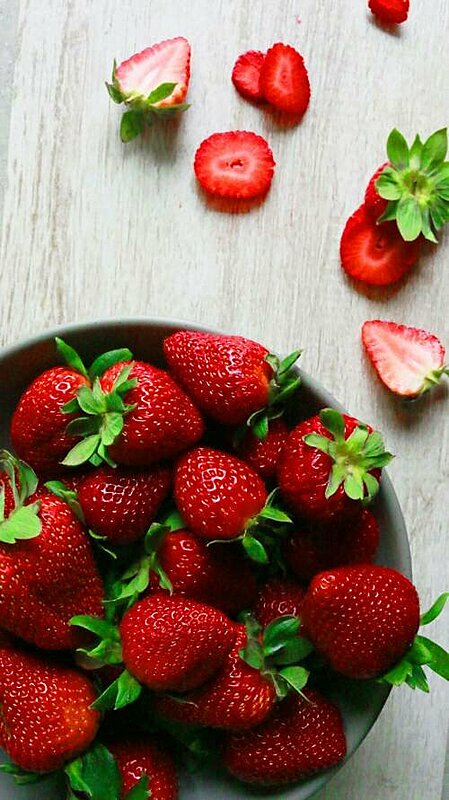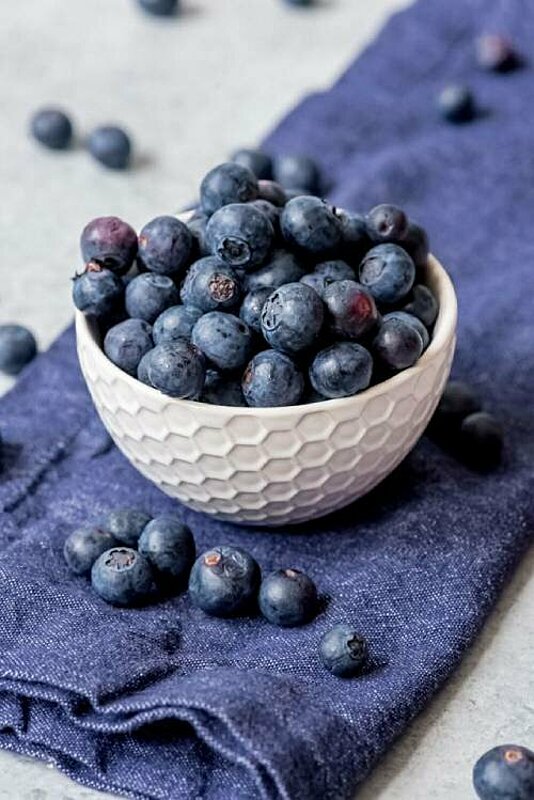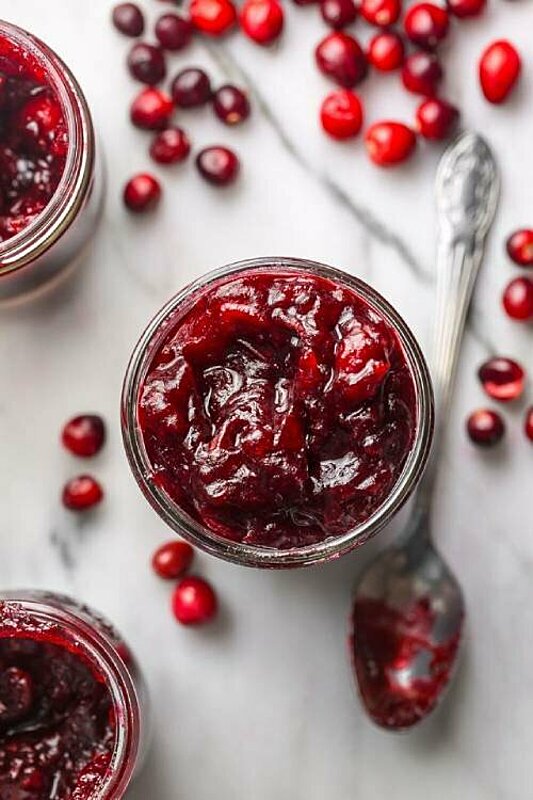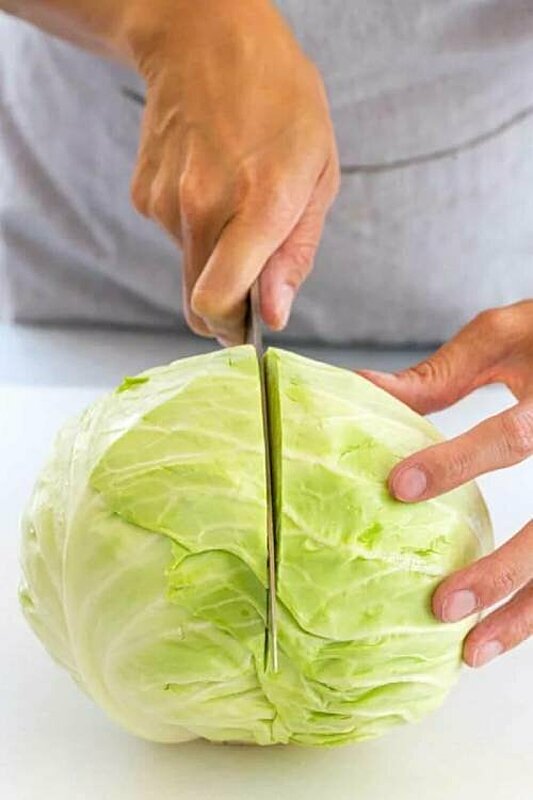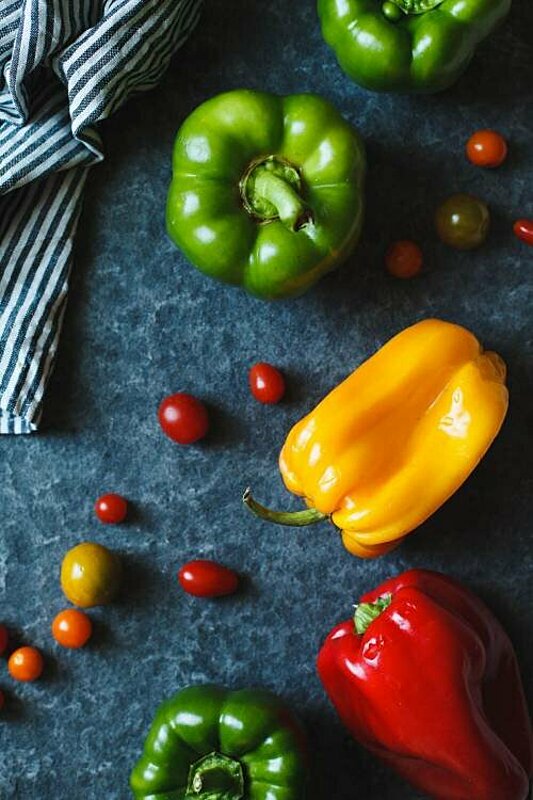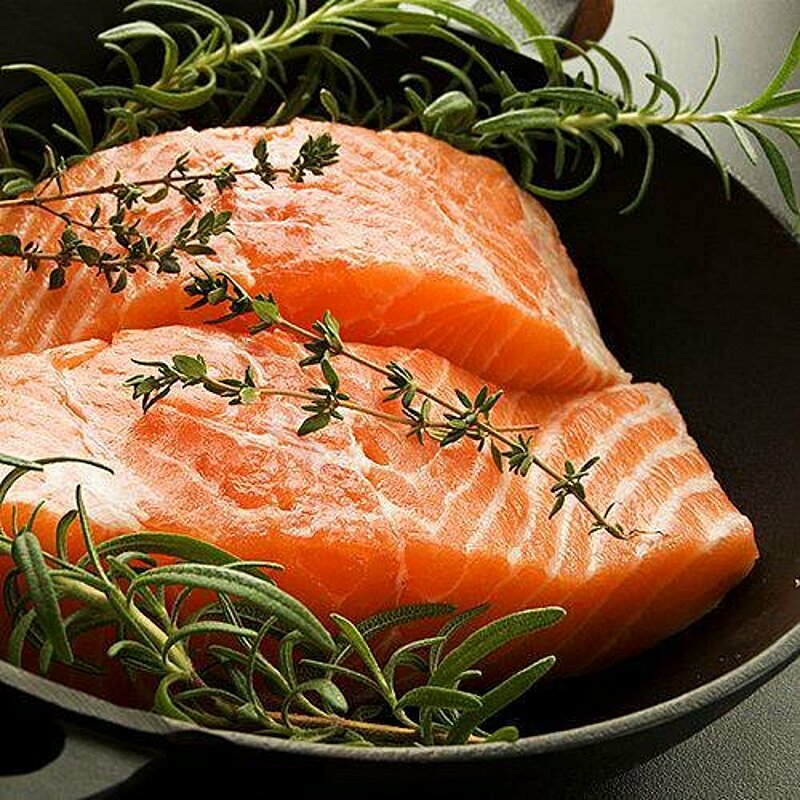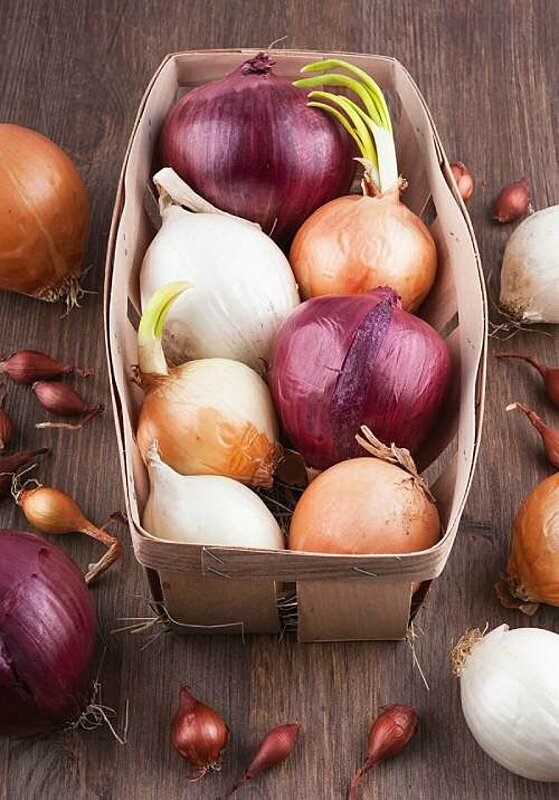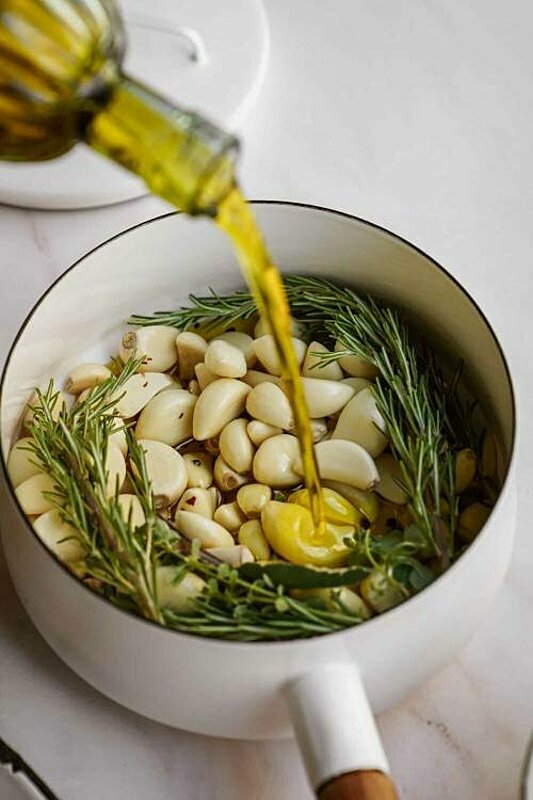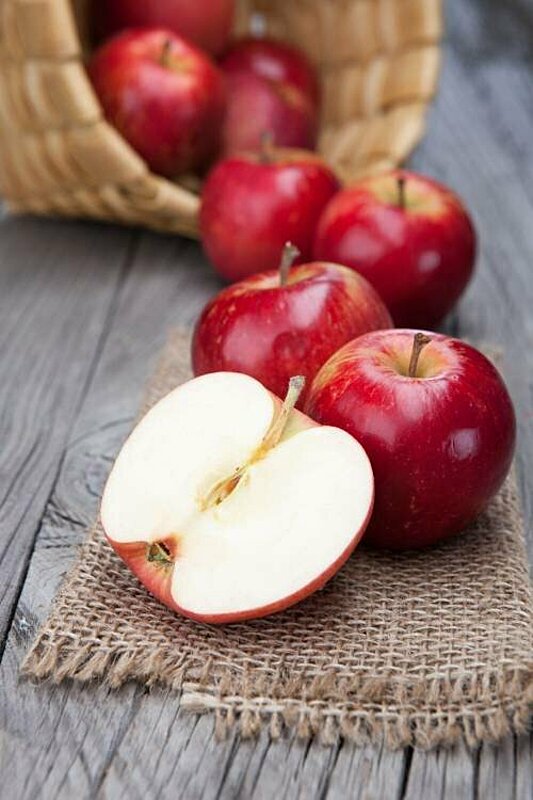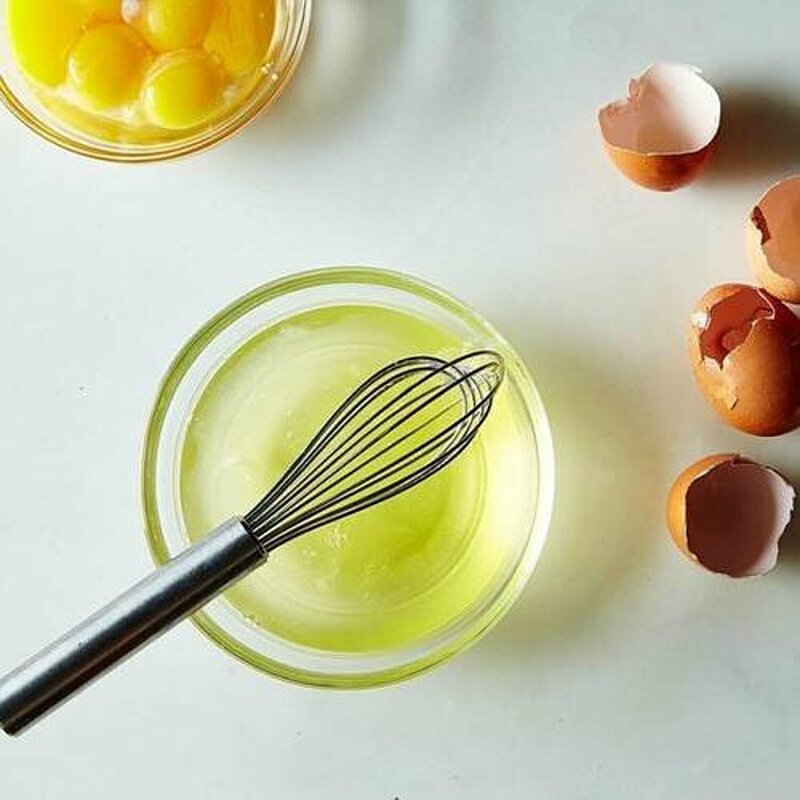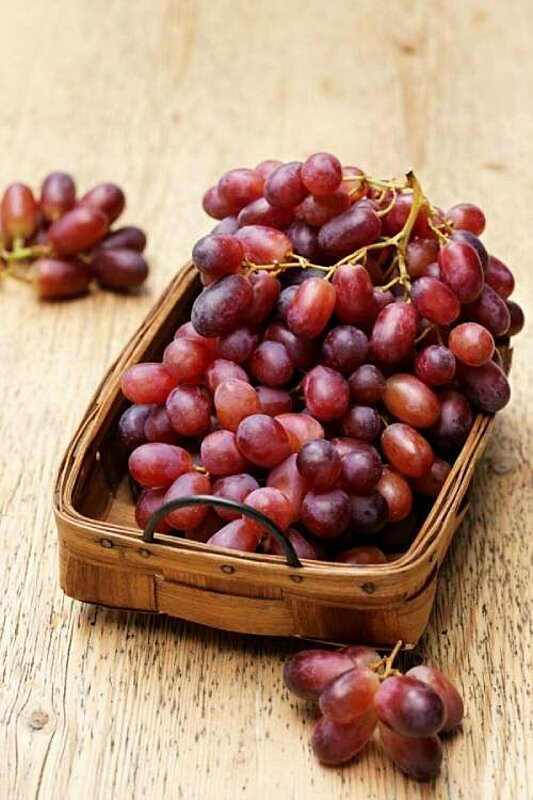Your whole health is significantly impacted by your kidneys. But, when we consider the organs that keep us healthy, they are frequently forgotten. Consider your kidneys as filters that remove everything from your body that you don't want. These two organs, which resemble beans, filter your blood and eliminate extra fluid and poisons. Furthermore, they regulate your levels of potassium, sodium, and other substances. They also create hormones that assist control everything from your blood pressure to the strength of your bones. To cut a long story short: Your kidneys work hard. That said, we’ll share with you 11 foods that keep your kidneys healthy.
This Is How to Work out When You Have a Baby
Fatty Fish
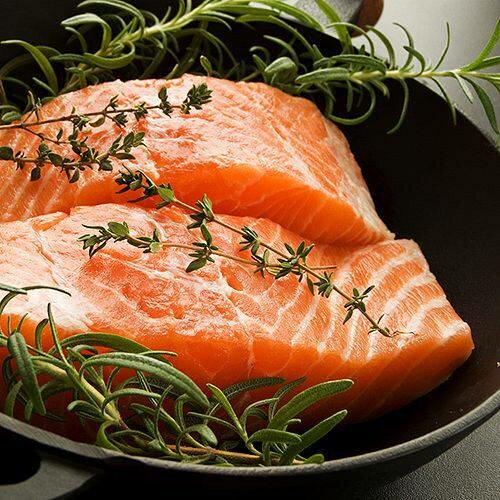
When you choose fatty fish like tuna, salmon, or trout, you also get omega-3 fatty acids in addition to the protein that fish provides. Omega-3 fatty acids may contribute to lowering blood pressure and blood fat levels, according to the National Kidney Foundation. You may need to monitor the phosphorus and potassium amount of the fish you eat if you have CKD (Chronic Kidney Disease). You can use a chart provided by the National Kidney Foundation to ascertain the amounts in different kinds of fish. But, it's preferable to speak with your doctor.
Shop on Zynah.me by Fustany, more than 1000 beauty products and 50 brands ✨💄
Foods And Drinks That Help With Morning Sickness
Bell Peppers
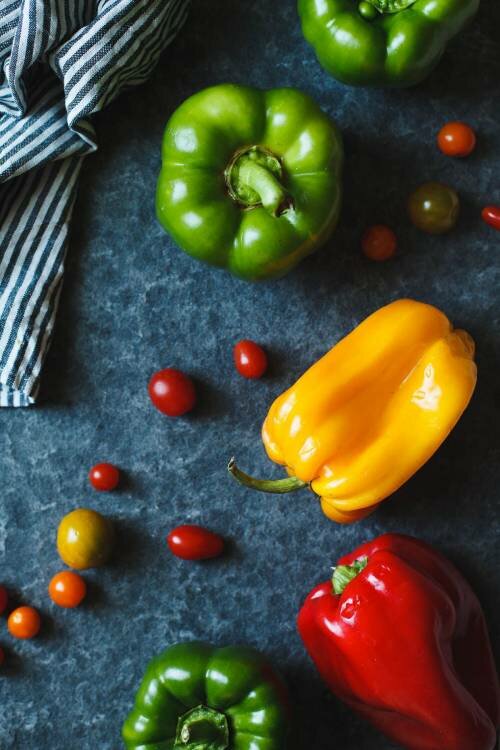
Red bell peppers are excellent for the kidney diet for a variety of reasons, not the least of which is their low potassium content and great flavor. In addition to being delicious, these vegetables are a great source of fiber and vitamins B6, C, and A. Because they contain lycopene, an antioxidant that helps prevent some cancers, red bell peppers are healthy for you. Red bell peppers can be used in tuna or chicken salad or eaten raw with a dip as a snack or an appetizer. Furthermore, you can cut peppers for an omelet, roast peppers as a topping for sandwiches or lettuce salads, or stuff peppers with ground beef or turkey and bake them as a main meal.
Easy Workouts to Do at Work During Your Lunch Break
Cabbage
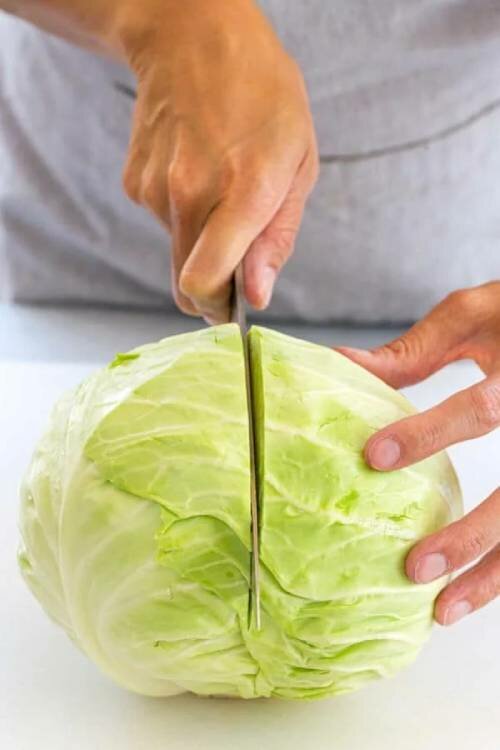
This nutrient-rich vegetable is low in sodium and potassium but high in fiber, vitamins C and K, and other nutrients. Cabbage, a cruciferous vegetable, is bursting with phytochemicals, chemical substances found in fruits or vegetables that release free radicals before they can harm the body. Many phytochemicals are also known to support cardiovascular health and protect cells from the cellular deterioration that could cause cancer. Cabbage is also versatile. It can be used as a wrap for tacos, sandwiches, and more, as well as in salads and slaws.
Cranberries
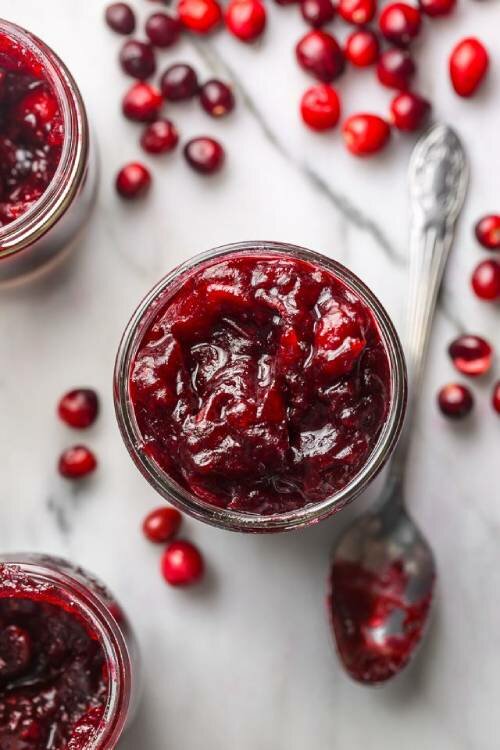
By preventing bacteria from clinging to the bladder wall, these tart, delicious berries may prevent bladder infections. Cranberries may similarly shield the stomach from germs that cause wounds and enhance the balance of beneficial gut bacteria, supporting GI health. Moreover, cranberries are proven to help in the prevention of both cancer and heart disease. The most popular cranberry products are cranberry sauce and cranberry juice. Dried cranberries can also be eaten as a snack or added to salads.
Strawberries
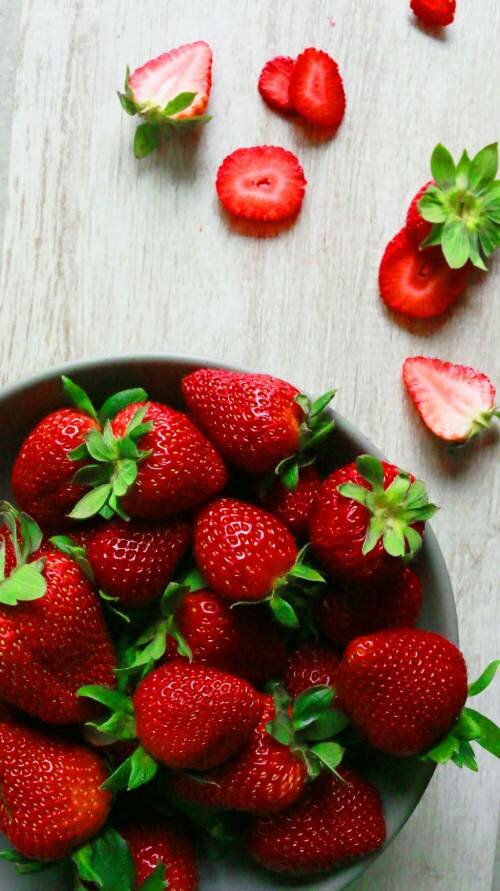
Strawberries' red color is caused by anthocyanins, effective antioxidants that assist safeguard bodily cell structures and stop oxidative damage. Strawberries are a fantastic source of fiber, vitamin C, manganese, and other micronutrients. In addition to having anti-cancer and anti-inflammatory properties, they might offer cardiac protection. Strawberries go well with cereal, smoothies, and salads. They can also be sliced fresh and served with whipped topping. You can puree and sweeten strawberries to serve as a dessert, or you can prepare strawberry custard or sorbet.
Blueberries
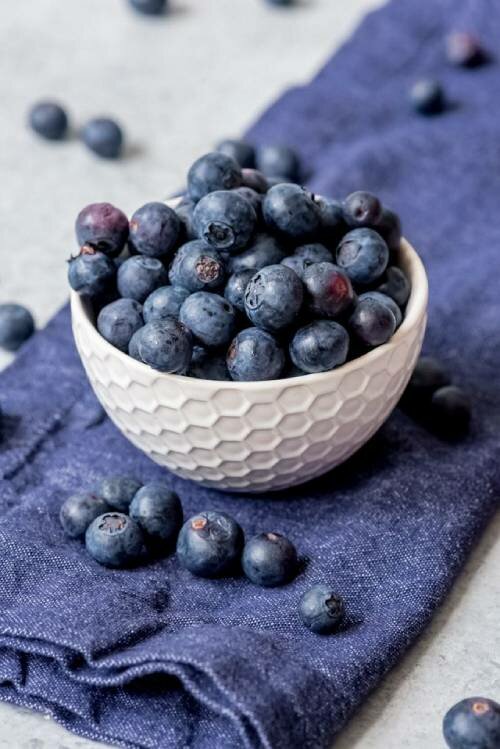
The antioxidant phytonutrients that give blueberries their blue color are brimming with anti-inflammatory natural substances. Blueberries are a wonderful source of vitamin C, fiber, and manganese, which helps to maintain the health of your bones. They might also shield the brain from some of aging's consequences. Blueberries and other berries include antioxidants that may help reduce bone loss. Use blueberries in cereal or a fruit smoothie with whipped topping after purchasing them fresh, frozen, or dried. Furthermore, blueberry juice is a great option.
Apples
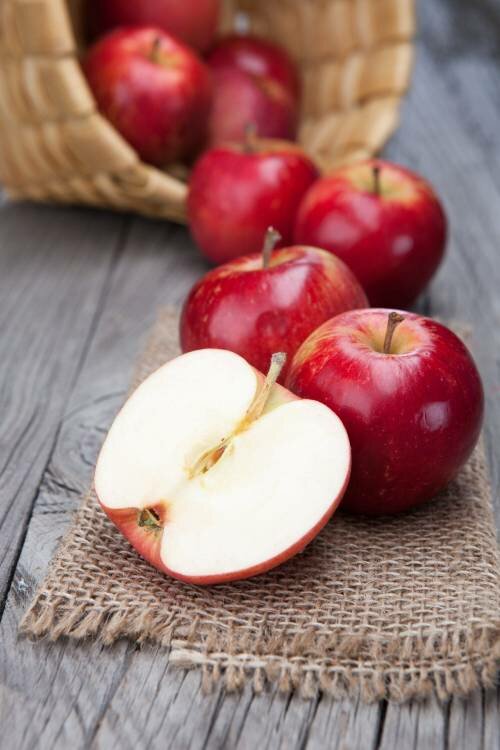
Apples may lower cholesterol, decrease constipation, prevent heart disease, and lower the risk of developing cancer. Apples are high in fiber and anti-inflammatory ingredients, which is good news for kidney disease patients who already make a lot of doctor's appointments. Apples have several uses. They can be consumed raw, roasted, stewed, made into apple sauce, or turned into apple juice or apple cider.
Red Grapes
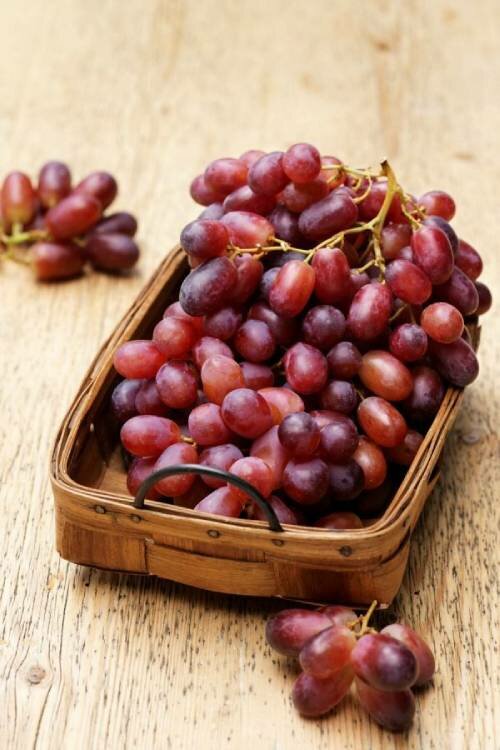
The flavonoids in red grapes give them their reddish hue. By lowering blood clot formation and avoiding oxidation, flavonoids can prevent heart disease. A flavonoid present in grapes called resveratrol may also encourage the creation of nitric oxide, which helps relax blood vessel muscle cells and improve blood flow. These flavonoids also help to reduce inflammation and protect against cancer.
Onions
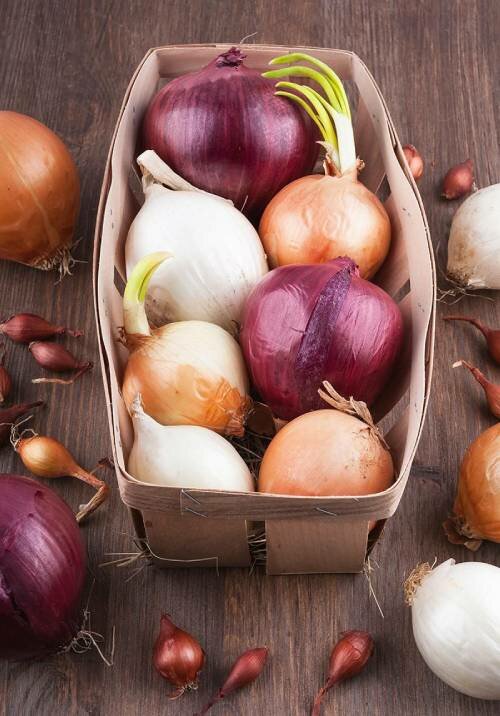
The compounds in onions, an Allium family member and a staple ingredient in many cooked meals, are what give them their strong aroma. Moreover, onions contain a lot of flavonoids, particularly quercetin, a potent antioxidant that may lower the risk of heart disease and shield against a variety of diseases. Onions are a high source of chromium, a mineral that helps in the metabolism of carbohydrates, fats, and proteins, and they are low in potassium. Use several types of onions, such as white, brown, red, and others. Onions can be eaten raw on salads, burgers, and sandwiches or cooked and used as a caramelized topping. Try creating your own onion rings if you have an air fryer.
Garlic
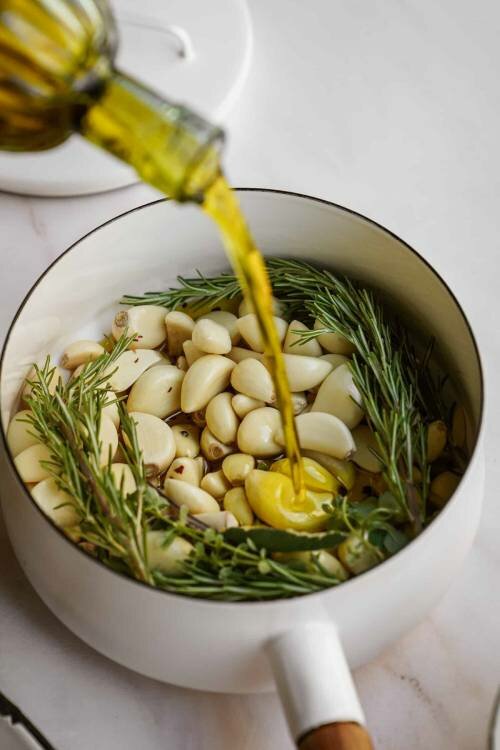
Garlic lowers cholesterol, soothes inflammation, and contains antibacterial qualities that help prevent plaque from accumulating on teeth. Use it with pasta, vegetable, or meat recipes whether you buy it fresh, in a bottle, minced, or powdered. A head of roasted garlic can also be placed on bread. On the dialysis diet, garlic powder works well in place of garlic salt since it adds a delightful flavor.
Egg Whites
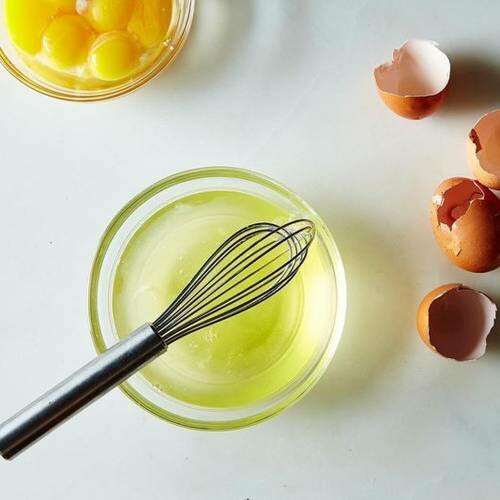
Egg whites are a source of high-quality, pure protein that contains all nine essential amino acids. Egg whites offer protein for the kidney diet with less phosphorus than other protein sources like egg yolks or meats. Buy fresh, boiled, or powdered egg whites. You can add sterilized egg whites to smoothies or shakes, make deviled egg snacks, make omelets, make egg white sandwiches, or add hard-boiled egg whites to tuna salad or garden salad to boost the protein content.
Last but not least, drinking water is mandatory for the kidneys' health. Drinking water keeps your blood vessels wide open, allowing blood to freely reach your kidneys and carry vital nutrients to them. However, this delivery system has a harder time functioning if you become dehydrated.


